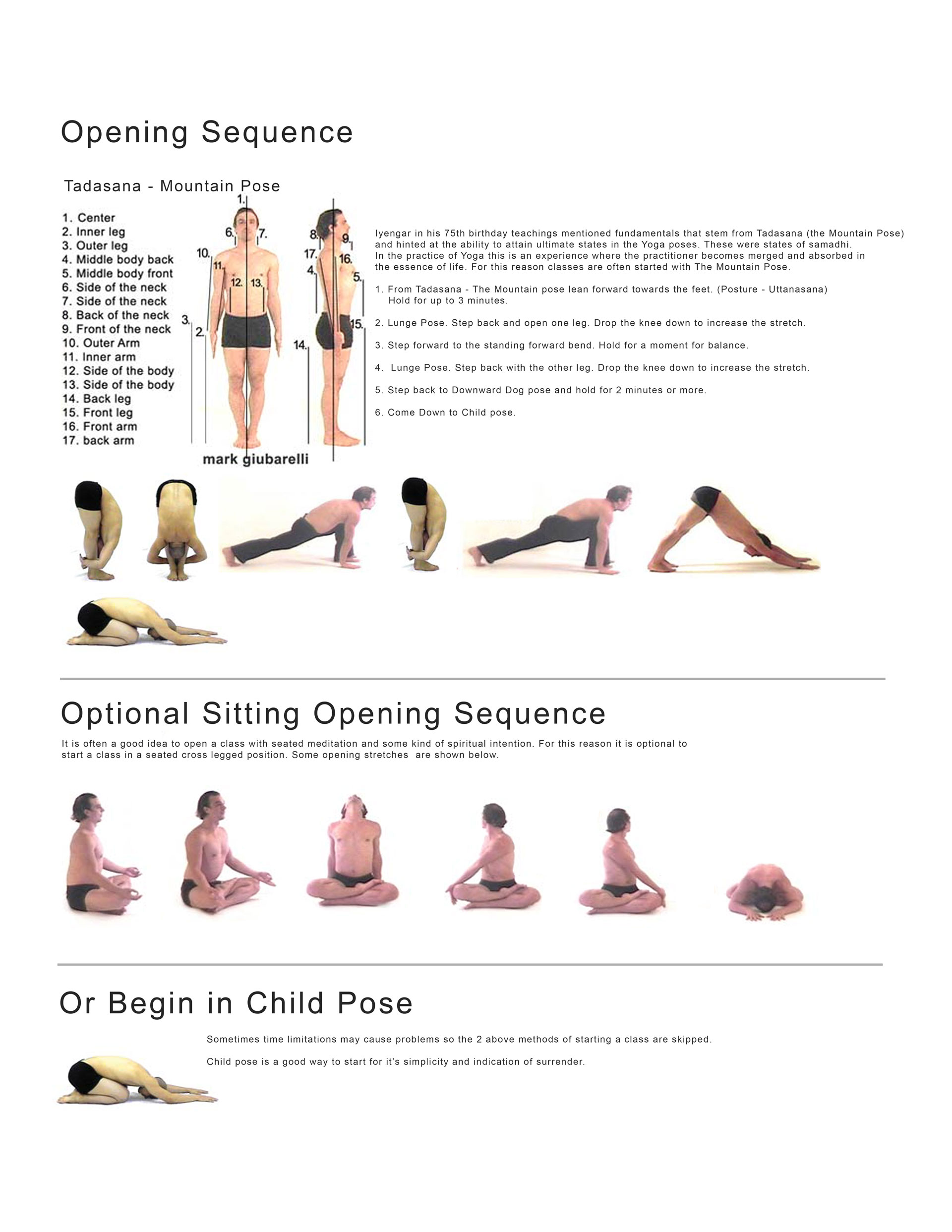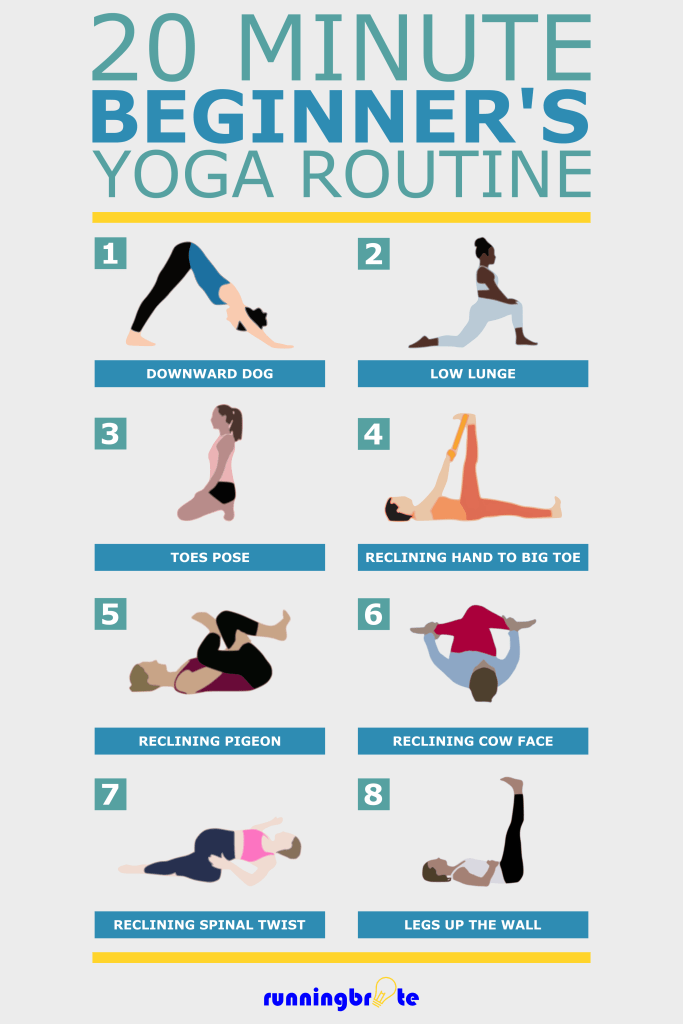
A 2006 study showed that Tai Chi-trained people had a decreased fear of falling. This is possible because taichi emphasizes fluid movement whereas yoga focuses more on poses. This exercise is good for healthy adults as well as those who have chronic conditions like diabetes or heart disease. Classes are offered in community centers, gyms, and specialized studios. Many schools offer customized programs for fitness and some have a therapist.
Studies have been done to determine the effect of Tai Chi on high blood pressure. Tai chi is thought to lower blood pressure by combining a reduced sodium intake with weight loss. It can also increase levels of cholesterol and other fats. Some studies also show that Tai chi reduces the risk of heart disease. These are just preliminary results. More rigorous research is required to confirm the benefits.

Research shows that tai Chi may benefit people with various ailments. Deep breathing can improve mental health. According to Stanford Medicine, deep breathing can help reduce anxiety, stress, depression and other symptoms. The exercises train the brain to focus actively and can even reduce the risk of a stroke or heart attack. As a result, tai chi helps people with a wide range of ailments.
Tai chi's mental health benefits have been long associated with its practitioners. Although there isn't much evidence supporting this connection, it seems like Tai chi has a strong association with mental health. A 2010 meta-analysis of 40 studies did not yield conclusive results. However, recent research on Tai chi has shown promising results. In 2014, 2,553 people with cognitive impairments and who had practiced Tai Chi were included in a systematic review and meta-analysis. It found that taichi exercises are beneficial for both mental as well as physical health.
Another study discovered that taichi enhanced the functioning the prefrontal cortex. This part of the brain is responsible for higher level thinking. Participants in the tai chi study reported a reduction in symptoms and improved moods and concentration. Tai chi has a lower incidence of hip fractures.

Tai chi has many benefits, including lower blood pressure, improved digestion, and increased energy. It can even lower pain. Tai chi's meditative benefits are thought to also improve general health. Tai chi's success may be due to the mind-body link between taichi and meditation.
FAQ
What does my mental health have to do with my relationships?
Your mental well-being has a direct impact on all aspects of your life. It can affect your ability and willingness to work at all levels. A mental illness can make it difficult for you to have meaningful relationships.
It's easy for people to judge you when you have a mental illness. You might even avoid social situations if you feel like no-one understands.
However, it's important to remember that people want to be around you. You only need to teach them how to approach you.
If you have trouble connecting with people, it is worth talking to them about what your feelings are. Talk to them about your feelings and get their opinion.
What can I do if I have mental health problems?
If you are suffering from any type of mental illness, it is important to seek professional help. You might have experienced some sort of trauma or abuse in the past. This could have affected your perception of yourself.
A mental illness such as an eating disorder or addiction could also be present. These disorders can have a devastating effect on your life.
You should not attempt to resolve them by yourself. Talk to someone who is familiar with the subject. Professional therapists can help you overcome these obstacles.
What are the five best ways to improve mental and emotional well-being?
-
Exercise – This is a great way to improve brain function and increase energy levels.
-
Sleep – Getting enough sleep can help reduce anxiety and stress.
-
Nutrition - Healthy eating such as fruits, vegetables and meats will keep you healthy and energized.
-
Meditation - Meditation reduces anxiety and stress.
-
Socialization: Spending time together with family and friends, keeps us happy.
What are the five ways to improve wellbeing in your life?
Wellbeing refers to "the state or condition of being physically, mentally, spiritually, and socially well." Many factors can affect our well-being. These include family, work, family health, relationships with others, education, finances and community. Your first step towards improving your health and well-being is to identify what areas of your daily life are lacking. Then, try to change these things for the better.
Here are five ways to improve your well-being:
-
Exercise - This increases endorphin levels, which makes us happier.
-
Sleep - Sleeping more than 6 hours per night decreases stress and anxiety.
-
Nutrition - Eating healthy foods (such as fruits and vegetables) will boost your mood.
-
Meditation – Meditation reduces stress and anxiety.
-
Socialization - It is important to spend quality time with our family and friends.
Why is mental well-being important?
Work, play, learn and love. Mental health refers only to our overall health. The physical, psychological as well as social, spiritual and environmental factors that influence us every day are all part of mental health. There are many options for taking care of yourself mentally and physically as well as emotionally, spiritually, financially, and socially. You don't need to do it all at once. Start somewhere.
The first step towards improving your mental health is understanding where you stand now. To find out if your support system is adequate, take this quiz. If you're not satisfied with your results, you might consider making lifestyle changes.
Let's say you got a high score. Congratulations! Consider the following tips to improve and maintain your mental well-being.
-
Get enough rest. Getting adequate rest helps keep your brain sharp and energized. The American Academy of Pediatrics (AAP) recommends that you get at least 7-8 hours of sleep each night.
-
Exercise Regularly. Exercise releases endorphins which can make you happy and less likely be stressed. Aim for 30 minutes of exercise five times per week.
Why is it essential to improve emotional health?
Emotional health is essential for happiness and well-being. A person who isn't emotionally well will be unable to perform at their best. People with depression are often unable to work efficiently. You may also feel anxiety, panic attacks, insomnia and other symptoms. These conditions can be successfully treated with medication or therapy.
Statistics
- More than 50% will be diagnosed with a mental illness or disorder at some point in their lifetime.3 (cdc.gov)
- Neuropsychiatric diseases are the leading cause of death and disability in the U.S., accounting for 18.7 percent of all years of potential lifespan loss and premature mortality.
- According to the National Alliance of Mental Illness (NAMI), one in five Americans experiences mental health issues which translates to more than 40 million adults a year. (doctorondemand.com)
- Appropriate nutrition and exercise are likely among the most efficacious and cost-effective positive mental health interventions. (ncbi.nlm.nih.gov)
- Similarly, while there is some agreement about the boundaries of typical mental disorders 2, there is likely less agreement about those for positive mental health. (ncbi.nlm.nih.gov)
External Links
How To
How to Improve Memory
Everyone wants to be better at remembering things. But unfortunately, memory loss is something that happens to us all at some point in time. In fact, more than half of Americans over 65 suffer from some form of dementia.
It doesn't matter if you have Alzheimer's, dementia or another form of cognitive decline. There are lots of options to help improve your memory. These are three easy steps you can do today to improve your memory.
-
Increase your intake of fruits and vegetables. Vegetables contain phytochemicals, vitamins, nutrients, fiber, antioxidants, and minerals that enhance brain function. They also contain vital nutrients that protect against neurological illnesses.
-
Get enough sleep. A lack of sleep can lead to memory loss and poor concentration. You should get seven to eight hours sleep each night.
-
Take a walk. Walking stimulates blood flow, which increases memory. Walking is good for your health and helps you look slimmer.